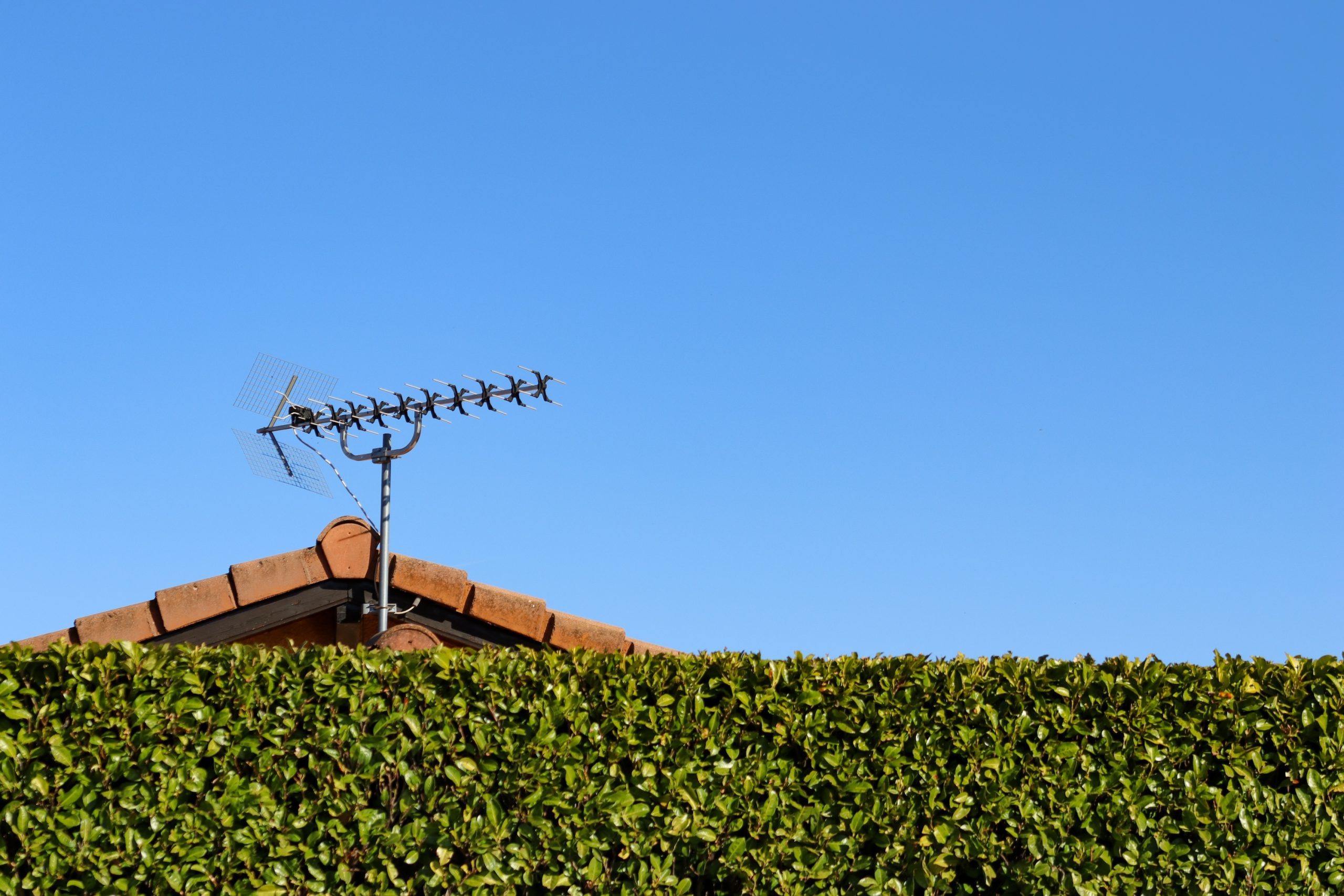In recent weeks, DTT reception has been severely disrupted in certain regions of France. Extreme heat is the main culprit, and we’ll explain why.
The first half of October was particularly mild, and that’s an understatement, because the mercury once again reached records in certain regions. If it is a small extension of the summer which must have delighted more than one, it is also a very clear signal that our habits will gradually change, whether we like it or not. However, this does not only concern the number of layers of clothing we will have to put on or take off, but also other habits that we have until now taken for granted.
Jamming in the air
When not wired, TV reception can become one of the biggest challenges of a human being’s life (or at least their weekend). Storms, thunderstorms, bird nests, leaves… all it takes is a small obstacle or a well-directed gust of wind for the antennas installed in our homes to play tricks on us.
However, viewers will have to add a new name to their list of potential annoyances: climate change. As it gets worse, extreme weather events become more and more frequent. Among them, extreme heat has regularly affected the inhabitants of France for several years, and it turns out that it also has an impact on radio waves.
“ In certain particular climatic conditions, reception of television waves becomes possible well beyond the distances for which the frequencies were initially planned », explains the National Frequency Agency (ANFR). Thus, as soon as we observe “ an increase in atmospheric pressure, a clear sky, a rapid rise in temperatures, or on the contrary a sudden drop in the barometer », some DTT transmitting antennas may have difficulty fulfilling their mission correctly.
According to the agency, owners of rake antennas are the most affected by these phenomena. They then find themselves confronted faced with pixelation, partial loss of channels, choppy sound, etc. » Enough to ruin some evenings.
A service that risks suffering ever more instability
Is there anything users can do in these cases? Not really, according to the ANFR, which recommends “ not to search and store channels on your television or modify your reception installation, at the risk of losing all the channels “. Patience therefore remains essential. However, in the long run, and with the proliferation of this type of event, even the best meditation sessions may not be enough to calm the most impatient.
So, is TNT on the verge of disappearing due to climate change? Absolutely not, because the service is still fully operational. Above all, you will have to get used to more frequent periods of instability, and get into the habit of finding out about the weather conditions before going to say hello to your antenna.
Of course, the solution to overcome this kind of inconvenience would be to switch to internet television reception. However, the digital divide, to name but a few, means that for some households, this option is simply not viable. The ideal tool would be services such as Starlink, which we recently tested, but this involves a financial and technical investment that is not justifiable for everyone. But after all, when you love, you don’t count, do you?

Did you know that the average French investment in a television was €551 in 2021? Unsurprisingly, this figure is increasing, a logical observation since consumers generally seek to move upmarket, with larger screens and more expensive technologies.
Read more
Source : ANFR

18